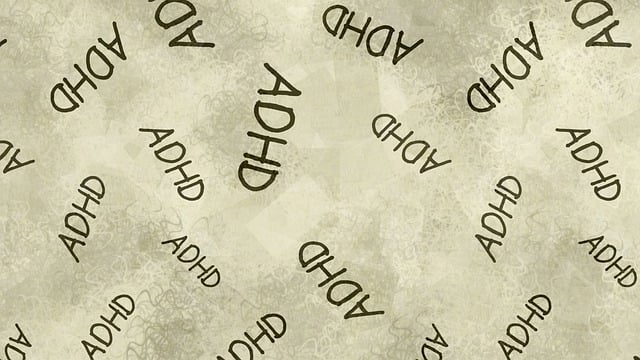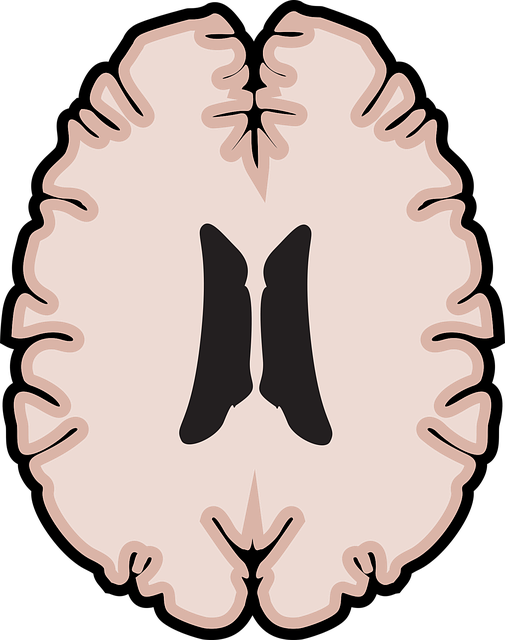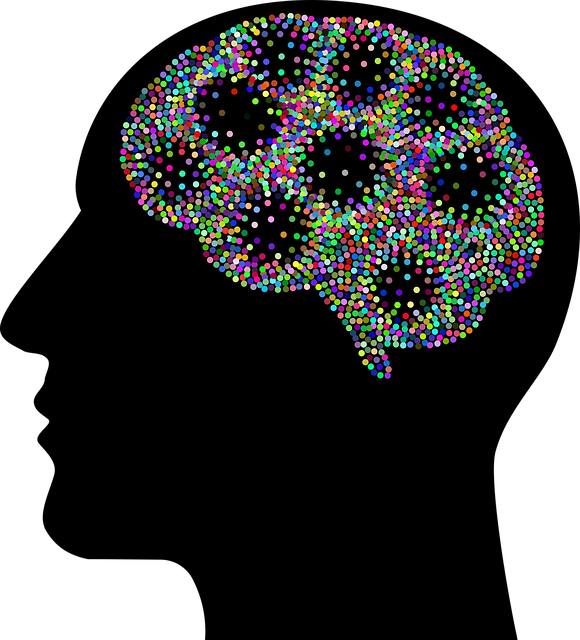Understanding Mental Health Data through methods like surveys, clinical assessments, and digital tools is crucial for effective analysis and interpretation. Denver Acceptance and Commitment Therapy (ACT) provides a structured approach, focusing on present-moment awareness and acceptance of emotions, to derive meaningful insights from data. Standardization and cultural competency training enhance data interpretation, enabling personalized interventions that foster emotional well-being. ACT's evidence-based practices, combining statistical and qualitative methods, revolutionize mental health support by tailoring strategies to individual needs and cultural sensitivities.
Mental health data analysis has emerged as a powerful tool in understanding individual well-being. This article explores the process of interpreting mental health data, highlighting the Denver Acceptance and Commitment Therapy (ACT) framework. We delve into collection methods, data preparation, and advanced techniques to extract meaningful insights. By applying ACT principles, professionals can facilitate personal growth and enhance therapeutic interventions, ultimately improving patient outcomes. Discover how data-driven approaches revolutionize mental healthcare with a focus on evidence-based strategies.
- Understanding Mental Health Data: Collection and Preparation
- Denver Acceptance and Commitment Therapy (ACT): A Framework for Analysis
- Techniques for Interpreting Mental Health Data
- Applying ACT Data Insights for Personal Growth and Therapeutic Interventions
Understanding Mental Health Data: Collection and Preparation

Understanding Mental Health Data is a pivotal step in effectively analyzing and interpreting information related to an individual’s psychological well-being. The process begins with data collection, where various methods are employed to gather insights into mental health status and behaviors. This includes self-reported surveys, clinical assessments, and even digital tools like mobile apps that track mood and activities. In the context of Denver Acceptance and Commitment Therapy (ACT), for instance, therapists might use structured interviews and standardized questionnaires tailored to ACT principles.
Once collected, raw data requires careful preparation. This involves cleaning the data to ensure accuracy and completeness, addressing missing values or inconsistencies, and transforming it into a format suitable for analysis. Standardization is crucial in mental health research, as different sources may use varying scales and metrics. Adequate preparation enables researchers and healthcare providers, including those involved in Community Outreach Program Implementation and Compassion Cultivation Practices, to gain meaningful insights from data. Moreover, Healthcare Provider Cultural Competency Training can enhance the interpretation of collected data by promoting awareness of potential biases and cultural influences on mental health expression.
Denver Acceptance and Commitment Therapy (ACT): A Framework for Analysis

Denver Acceptance and Commitment Therapy (ACT) offers a robust framework for mental health data analysis and interpretation. This therapeutic approach emphasizes the acceptance of difficult thoughts and emotions, while encouraging individuals to commit to actions that align with their personal values. By focusing on present-moment awareness and defusing from negative thought patterns, ACT can provide valuable insights into an individual’s psychological state.
Analysts leveraging Denver ACT for data interpretation gain a deeper understanding of clients’ struggles, particularly in areas like trauma support services and risk management planning for mental health professionals. This method allows for the identification of underlying values and goals, which are crucial for tailoring interventions. Additionally, the community outreach program implementation benefits from ACT’s ability to foster meaningful connections and promote positive behavioral changes, ultimately enhancing treatment outcomes.
Techniques for Interpreting Mental Health Data

In mental health data analysis, interpreting results accurately is paramount to formulating effective treatment strategies. Techniques such as statistical analysis and qualitative assessment methods are instrumental in understanding trends and individual experiences. For instance, Denver Acceptance and Commitment Therapy (ACT) employs evidence-based practices to analyze data related to mental wellness, depression prevention, and crisis intervention guidance. Statistical tools like regression analysis help identify correlations between therapy outcomes and various factors, providing insights into what works best for different populations.
Qualitative methods, such as thematic analysis and narrative inquiry, offer a deeper dive into the subjective experiences of individuals, enriching the interpretation process. These techniques are crucial when examining personal stories and emotions related to mental health struggles. By combining quantitative and qualitative approaches, mental health professionals can gain a comprehensive view of the data, ensuring tailored interventions that address specific needs, whether for individual clients or broader populations in need of crisis intervention guidance.
Applying ACT Data Insights for Personal Growth and Therapeutic Interventions

Applying ACT Data Insights for Personal Growth and Therapeutic Interventions
In the realm of mental health, data analysis through methods like Denver Acceptance and Commitment Therapy (ACT) offers profound insights into individual experiences and behaviors. By examining patterns in client responses, therapists can tailor therapeutic interventions to address specific challenges effectively. This approach not only enhances the quality of care but also fosters personal growth by promoting emotional well-being. ACT data allows for a nuanced understanding of clients’ struggles, enabling therapists to design personalized strategies that align with individual values and goals.
The insights derived from ACT data can guide the development of mental wellness coaching programs, incorporating cultural sensitivity in mental healthcare practice. By recognizing diverse cultural perspectives, therapists can ensure interventions are inclusive and impactful. This integration of data-driven techniques with emotional well-being promotion methods creates a powerful synergy, revolutionizing mental health support and empowering individuals to lead more fulfilling lives.
Mental health data analysis, enriched by the framework of Denver Acceptance and Commitment Therapy (ACT), offers profound insights into individual well-being. By understanding and interpreting this data effectively, we can facilitate personal growth and tailor therapeutic interventions to meet unique needs. Techniques like mindfulness, acceptance, and commitment, central to ACT, empower individuals to navigate life’s challenges with greater flexibility and purpose. This data-driven approach promises a more personalized and impactful mental health care landscape.














